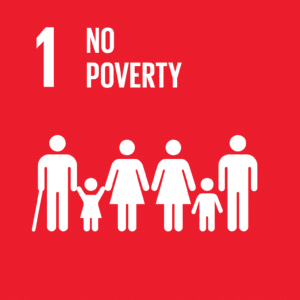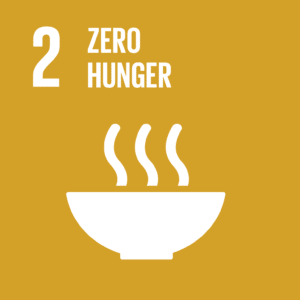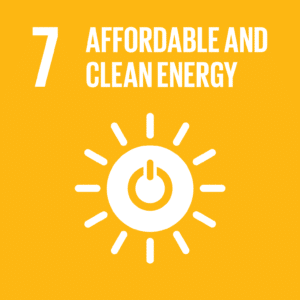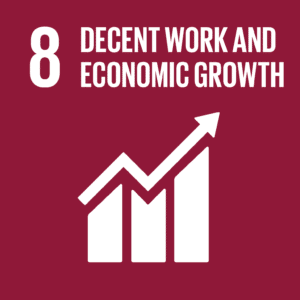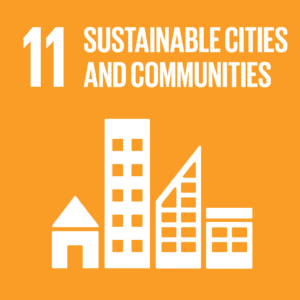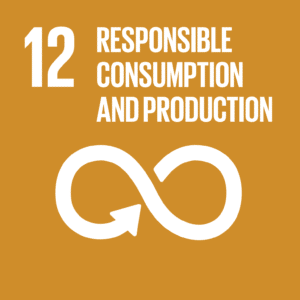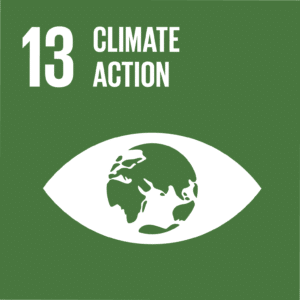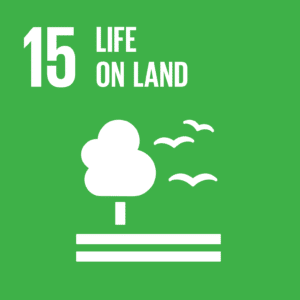Carbon-negative biochar production as an energy source and catalyst for sustainable forest management
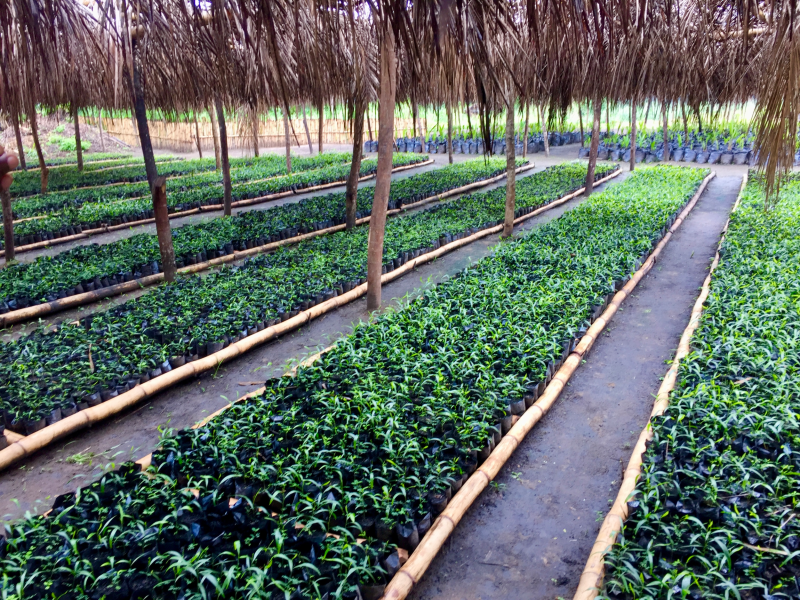
Charcoal in DR Congo: an essential energy source with significant climate impact
In the Democratic Republic of Congo (DR Congo), charcoal accounts for over 95% of the energy mix. For more than half a billion people in various parts of Africa, there is no viable alternative in the short term, as charcoal is affordable, widely available, and easy to use.
The reliance on charcoal has severe consequences: large-scale deforestation, high emissions of CO2 and other harmful gases, and the degradation of soil and biodiversity. These issues significantly contribute to the global climate crisis and have direct impacts on ecosystems and communities.
Sustainable biochar production with innovative technology
To make a significant short-term contribution to climate mitigation, it is essential to make charcoal production carbon-negative. This is possible by optimising production processes and integrating sustainable forest management with agroforestry.
The innovative Twin Retort™ kiln plays a pivotal role in this process. It captures harmful soot particles and reuses them as an energy source, enabling the kiln to operate entirely emission-free and autonomously after start-up. With an annual production capacity of 1,000 tonnes of carbon-negative biochar, this technology offers an efficient and environmentally friendly solution.
This technology is complemented by the development of a sustainable forest management plan aimed at promoting forest growth through agroforestry principles and preventing deforestation. Close collaboration with the local population is crucial to this approach, which not only expands forested areas but also improves soil quality, enhances biodiversity, and increases the land’s water retention capacity.
The local community is central to the project. Technical staff are trained to use the kiln and supporting equipment safely and efficiently in compliance with international standards. Farmers are educated in agroforestry principles, enhancing both crop yields and tree growth.
In addition, the economic model is validated to demonstrate that CO2-negative biochar production is not only environmentally friendly but also economically viable. This creates positive socio-economic impacts for the local community, supports biodiversity conservation, and strengthens ecosystem resilience.
During the project’s duration, a total CO2 reduction of 30,000 tonnes is expected, with an annual increase of 2,620 tonnes in CO2 storage capacity. This reduction results from improved efficiency in the production process, avoided deforestation, and net forest growth. By monitoring emissions across the entire value chain, from production to transport, the project also aims to achieve carbon-neutral operations.
The project creates employment for 50 local workers under fair labour conditions and transfers knowledge to all levels of the value chain and a significant part of the local community. This not only strengthens the local economy but also promotes sustainable land use and climate awareness.
By sharing best practices and project results with policymakers and climate investors, the economic model for sustainable biochar production is demonstrated as an investment opportunity. At the same time, it provides valuable input for the development of national climate policy in the Democratic Republic of Congo.
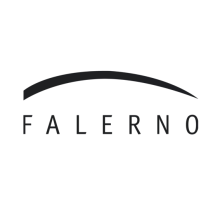
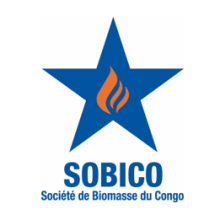
Would you like to know more about this project?

